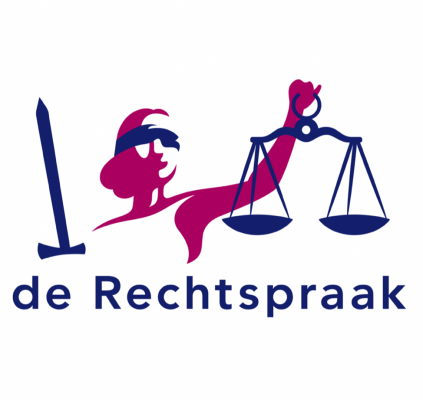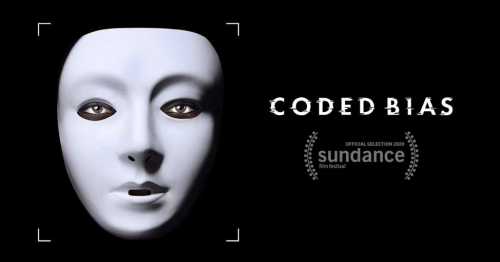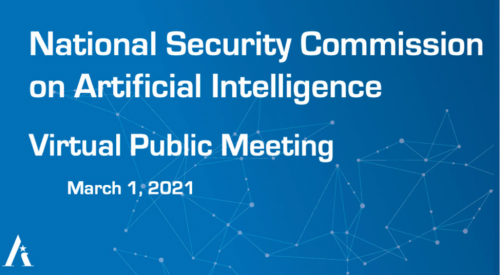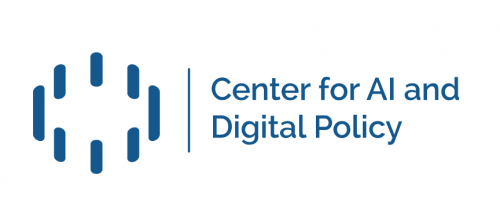Pope Francis has emerged as a leading world figure the field of AI policy. In the November intentions, an opportunity for Catholics to deepen their prayers, the Pope warned that AI could exacerbate economic inequalities around the world if a common good is not pursued. “Artificial intelligence is at the heart of the epochal change we are experiencing. Robotics can make a better world possible if it is joined to the common good. Indeed, if technological progress increases inequalities, it is not true progress. Future advances should be oriented towards respecting the dignity of the person and of Creation,” in the words of the November 2020 prayer intention. The Pope asked that followers, “pray that the progress of robotics and artificial intelligence may always serve humankind.”
The Pope’s November intention is his most recent comment on AI. Earlier this year, the Pope endorsed the Rome Call for AI Ethics. The goal of the Rome Call is to “support an ethical approach to Artificial Intelligence and promote a sense of responsibility among organizations, governments and institutions.”
The key principles of the Rome Call are 1) Transparency: AI systems must be explainable; 2) Inclusion: the needs of all human beings must be taken into consideration so that everyone can benefit and all individuals can be offered the best possible conditions to express themselves and develop; 3) Responsibility: those who design and deploy the use of AI must proceed with responsibility and transparency; 4) Impartiality: do not create or act according to bias, thus safeguarding fairness and human dignity; 5) Reliability: AI systems must be able to work reliably; 6) Security and privacy: AI systems must work securely and respect the privacy of users. These principles are described as “fundamental elements of good innovation.” The Rome Call for AI Ethics was endorsed by Private companies, and representatives of the Italian government, and the European Parliament at an event, organized by the Pontifical Academy for Life, held at the Vatican earlier this year.
Pope Francis said at the time, “The Call’s intention is to create a movement that will widen and involve other players: public institutions, NGOs, industries and groups to set a course for developing and using technologies derived from AI.” The Pope also said that the Rome Call for Ethics is the “first attempt to formulate a set of ethical criteria with common reference points and values, offering a contribution to the development of a common language to interpret what is human.”
Pope Francis is one of several world leaders who has raised concern about AI. Several years ago, the world-renowned physicist Stephen Hawking warned that AI posed an existential threat to humanity. He told the BBC, “The development of full artificial intelligence could spell the end of the human race.” The inventor Elon Musk told a MIT conference in 2014 that A.I. was probably humanity’s “biggest existential threat.” Bill Gates and Jeff Bezos have also raised concerns about AI, particularly autonomous weapons.
Many world leaders have called for regulatory oversight of AI.
Marc Rotenberg, Director
Center for AI and Digital Policy at Michael Dukakis Institute
The Center for AI and Digital Policy, founded in 2020, advises governments on technology policy











